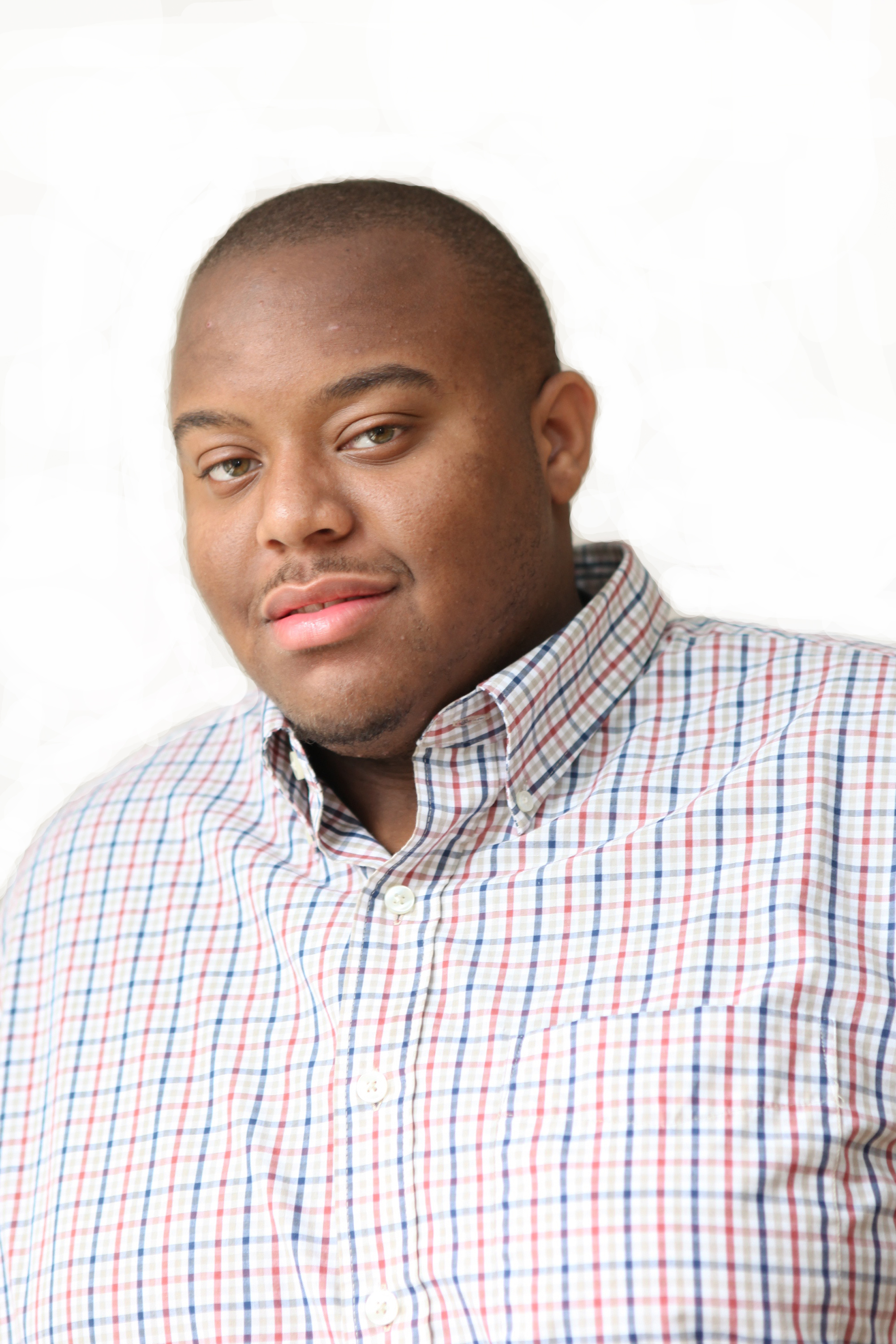During the summer, London experienced rioting for four days and nights. Mays suggests this could possibly be a manisfestion of racism and poverty or a much more complex problem.

The flash mobs in Philadelphia and the London Riots share a common root of police brutality and racial and socioeconomic oppression that have made these events attract worldwide attention. These sentiments are felt in black neighborhoods, which unfortunately have poor relations with police because of the historical context of police brutality.
By no means am I condoning violence in either situation, but I believe the people who are rioting are entitled to their feelings and their actions are a manifestation of their frustration.
The popular children’s song “London Bridge is Falling Down” seems to have become a reality, and it looks like the townspeople really have no interest in building it back up. After four days and nights of riots, property damage costs totaled in the hundreds of millions. Images flooded the pages of newspapers and websites of the thousands of people–both young and old–looting stores and businesses.
It all stemmed from the outrage of poor relations between the U.K.’s police department and Afro-Caribbean neighborhoods. Unfortunately, that relationship became more strained when police shot a black male, Mark Duggan, in a pre-planned, anti-firearms operation. How did a rally and demonstration outside of the local precinct turn into a battle cry for justice?
If anything, this riot taught the world, especially black Americans, that what they feel and see around them in terms of race relations, are not endemic to America–it is felt through the entire world. This isn’t a black problem, but a human problem. And to be clear, I am speaking about the systemic and institutionalized racist practices felt by people of color such as policing, and enforcing laws that make people of the African Diaspora – in the words of Malcolm X – feel like “second-class citizens”.
Within the same breath, some of the black youth in Philadelphia organize flash mobs in the city’s most lucrative tourist areas, and they are labeled socially deviant and dismissed as impoverished black youth who are misguided, without parental supervision. However, I believe they are expressing the same feelings of betrayal by society, as those across the salty Atlantic in London.
Understand the historical context of this situation and the people who are affected by them the most. How would you feel if you saw your neighborhood being incessantly controlled and policed and feel as if nothing can be done about it? Wasn’t this one of the reasons the Revolutionary War began in the first place? Of course both the London Riots and Philadelphia flash mobs have compounding factors, but don’t be so quick to idealize one and condemn the other. Listen and try to hear the silent anguish of others. Look to see what people are really frustrated with before you allow the comforts in your life to feed it to you.
Robert Mays can be reached at robmays@temple.edu.



Well written!
This was put so well Rob. Amazing work. Keep it up
You are wrong on so many things in this article. Police are here to serve and protect the law abiding people of the world. Let’s face it most violent crimes are conducted by blacks. What you call”police brutality” is police doing their jobs to keep civilized people safe. You’re defending of flashmobs is absurd. They aren’t committing crime to prove a point, they are doing it because they have no respect for the law. For you’re next paper maybe you should write about how most of the victims of violent flash mobs have been white. That Sounds like hate crimes to me.